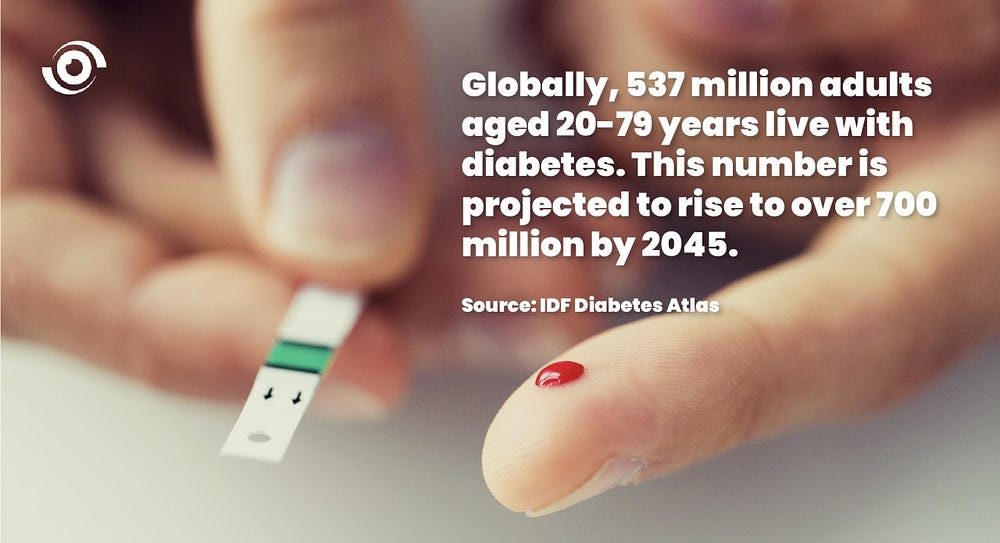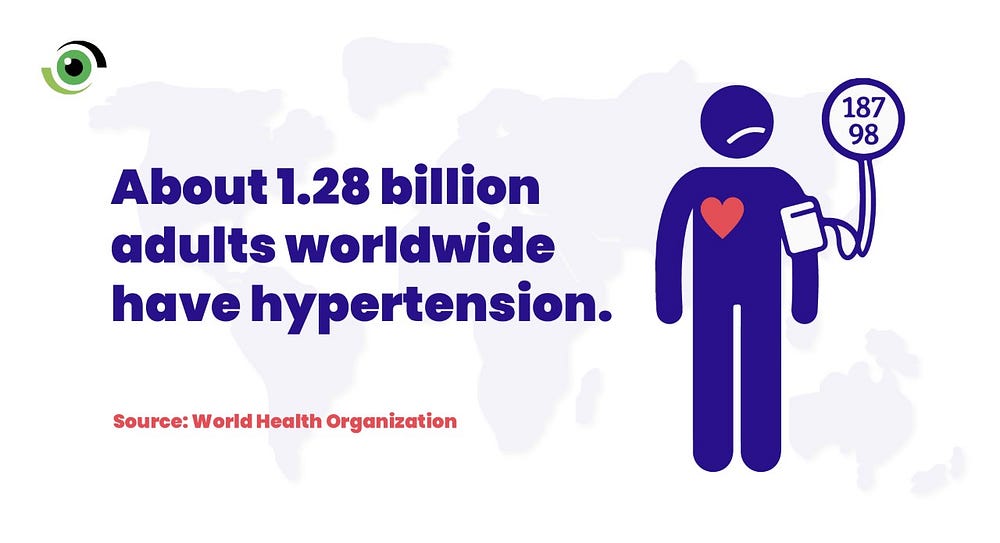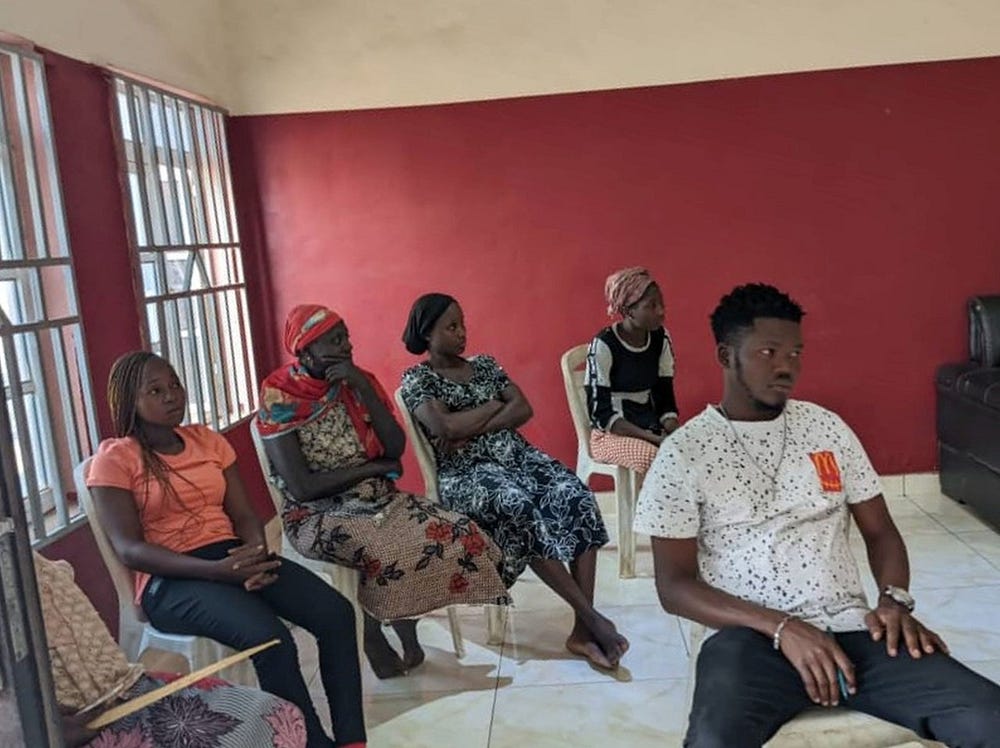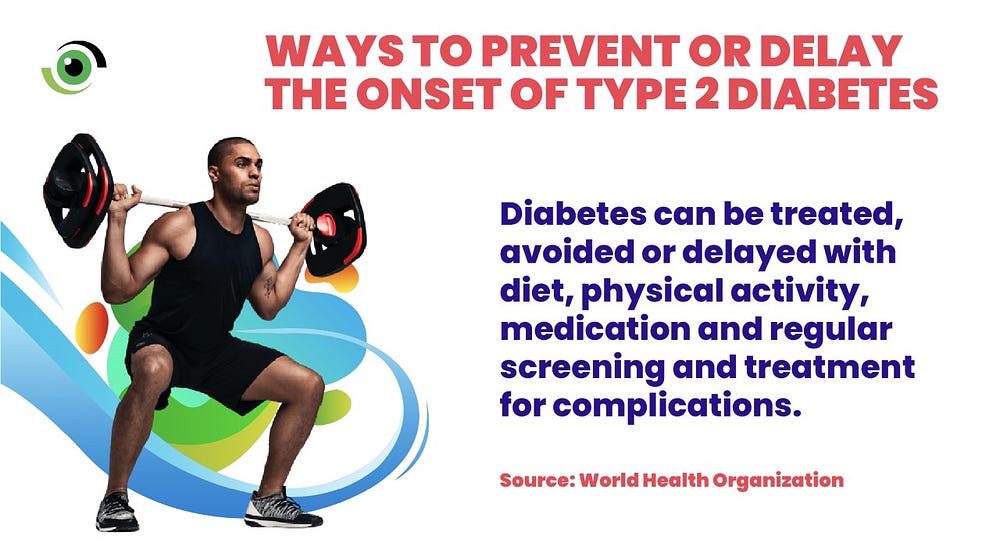By Judd-Leonard Okafor (Lead Writer)
Enoh Richard’s doctor is reducing the number of pills she takes daily to keep her blood sugar under a healthy level. Previously, she was on 2,000mg of a blood sugar-controlling drug, 10mg of another to reduce the risk of heart failure or stroke, five units of insulin and she checked her blood sugar every day. After signing up on an app and starting a tailored diet, exercise and care plan, she now checks her blood sugar every other day. “It has stayed within 4.5% to 4.7%,” she says. A reading between 4% and 5.6% means one’s blood sugar is within a normal range.
Enoh’s tailored care is provided by Viedial, an app which helps patients manage conditions like type 2 diabetes and hypertension. The app helps people “Identify their risk factors for developing cardiovascular diseases, provides personalised care that enables them to reduce these risk factors with the support of their loved ones, and monitor the changes in their health from anywhere and anytime,” says Bridget Nwagbara, one of the six founders of the app.

Diabetes and hypertension have become a global burden. Globally, 537 million adults aged 20–79 years live with diabetes. This number is projected to rise to over 700 million by 2045 with the highest proportion occurring in low- and middle-income countries, including Nigeria. At least 95 out of 100 persons who have diabetes have type 2 diabetes. This type of diabetes is characterised by the body’s inability to use insulin properly. It results largely from excess body weight and physical inactivity, the WHO says. Some 1.28 billion adults worldwide have hypertension — a serious medical condition that increases the risk of heart disease, stroke, and kidney damage.

A place of grief
The app, which the founders also refer to as, “Life at your fingertips” was birthed in September 2020 from personal loss. During the COVID-19 pandemic, Nwagbara’s father, Anthony Nwagbara, was supervising renovation works at a site when he “suddenly slumped, and before we could say his name, he was gone.” Nwagbara recalls. Another founding member lost her father in similar circumstances. In fact, all six founding members have been affected by hypertension or diabetes-related deaths.
The undiagnosed level of hypertension and diabetes is a reflection of the health seeking behaviour of most Nigerians. Mr Nwagbara had been living with undiagnosed hypertension for 25 years, until he had a heart attack. “When he was diagnosed, he was faithful with his drug regimen and healthy lifestyle, and had no other issues, but then the damage was already done,” says Nwagbara. The WHO estimates that 46 out of 100 adults with hypertension are not aware they have the condition.
“Because the disease has no symptoms, we want people to be aware and take preventive measures. Many people don’t have symptoms of diabetes or hypertension. They only get to find out when they start having symptoms, by then, it’s either fatal or becomes expensive to manage,” says Nwagbara whose father was able to manage his condition for 25 years, because he had the funds. Many people don’t.
Richard’s prescription costs N57, 300 for each pack of the 10mg drug, and a vial of insulin costs up to N5,000. The 2,000mg drug she takes comes in 500mg tablets, so she needs four of those. When her doctor reduced her dosage to 500mg, it meant removing the cost of three more tablets. From a medical perspective it means that with lifestyle changes, Richard is able to “reduce the amount of medication she needs to control her blood sugar,” explains Nwagbara, who is also a health expert. “This translates to savings in costs.”
Prevention and management
Users seeking to be onboarded to use the app, fill out a form to assess their risk. The result is used to determine what changes are needed to their lifestyle, diet and care. Health experts behind the app then tailor care packages based on the individual risk-assessment result of each person.

To manage hypertension, the app puts users in charge of their blood pressure — ensuring they are aware of what the numbers mean and encouraging them to remain proactive in maintaining a healthy lifestyle. For type 2 diabetes, clients use the numbers and readings to control their blood sugar and avoid complications. Much of the interaction is delivered as messages. Personalised interaction begins when users call to request for extra services, like speaking to a dietician.
Currently in its beta testing phase, there are approximately 170 people, including Richard, using the app. Unlike the alpha test phase, which was done internally by the health experts and developers, beta test involves engaging with actual users of the app like Richard to enable developers fix bugs and usability issues since its last update in October 2021. This phase helps its makers validate clinical assumptions behind the app. Some of the assumptions are that a healthy diet, regular physical activity, maintaining a normal body weight and avoiding tobacco use are some ways to prevent and delay the onset of Type 2 diabetes, according to WHO guidelines.

Apps for health
Hundreds of diabetes apps already exist. MySugr aids management for type 1, type 2 and gestational diabetes — helping users track their glucose levels over weeks and even setting up reminders that ping users to check blood sugar levels after a workout. Beat Diabetes helps people newly diagnosed with diabetes to get up to speed with the condition — from foods to avoid to simple ways to increase physical activity. And Bezzy T2D helps with community engagement — bringing together people living with diabetes on an online forum to discuss everything related to diabetes — daily life, diet, nutrition, relationships and mental health.

Combined results of 16 trials of type 2 diabetes apps showed that on average using one app led to at least 0.57% reduction in blood sugar levels over the span of three months. Another meta-analysis of 14 randomised controlled trials, showed apps really can help people with type 2 diabetes lower their body weight and waist circumference.
But Viedial is not going into any formal randomised control trial soon. In its pre-launch state, it has been taken down from online app stores until the beta testing is over, so as to monitor whether the 170 users on follow-up continue to keep their risks and sugar levels down, while maintaining healthy lifestyles and routines. Although the wellness space has hundreds of health apps, its developers are optimistic it will, in three years’ time, be able to help up to 10,000 people prevent, manage or control type 2 diabetes and hypertension. However, the app lacks a function for anonymous use — and getting some users to submit personal information tied to an account is a limitation.
The National Diabetes Guidelines contains criteria for referral of patients from community care to higher level of care, which is considered to be in full implementation. The guidelines stipulate screening at community level, diagnosis and treatment at primary level and referral to secondary care for comprehensive management of complications and emergencies. But integrating applications like Viedial at hospital level could prove difficult, the founders worry, because of the low use of electronic medical records.
The developers want the app to fit into two categories: personalised care based on the life stage of its users; and triangulated data from behaviour and biomarkers to guide users on how to make the necessary adjustments. “It is about the individual; putting the decision and action in their hands,” notes Nwagbara, emphasising that health experts can recommend lifestyle and diet modifications, but they can’t do the work for their patients who must commit to doing the work if they must see any lasting change.


